|
Gobsmacked. I admit that is not a word I use often but sometimes it just fits and it is the only word that seems suitable to explain my reaction to the recent Substack series by Nathan and Jennifer Winograd called "Yesterday, Today and Tomorrow: Animal Sheltering in the United States." A little background is in order. I've been an animal welfare advocate since 2006 when I learned that healthy and treatable animals were being destroyed at the tax-funded animal shelter in the city where I work. So began my education about concepts related to animal sheltering as I struggled to understand why it was that places called "shelters" would have so little regard for the lives of the companion animals we value and with whom we share our homes. My education continues to this day as I learn about new issues, problems, philosophies and opposition to life-saving (of which there is plenty). Reading the Nathan Winograd book, "Redemption: The Myth of Pet Overpopulation and the No Kill Revolution in America," was a game changer for me. It opened my eyes to issues about which I likely should have known but just didn't have a clue. I consider Redemption part history-book and party how-to book. For me, the No Kill Equation presented in Redemption is a DIY solution that can be embraced by any community to reform its animal shelter without the need for consultants or expert advice. It helps to reach out to other places to learn from what they have tried, but plenty of information is readily available on the website for the No Kill Advocacy Center to start affecting change immediately. As Nathan as written before, with each day we delay, the body count rises. But back to the history part. We've all heard that those who do not learn from history are doomed to repeat it. We've also heard the insanity is doing the same thing over and over again, but expecting different results. These concepts are absolutely true when it comes to the manner in which our nation's animal shelters function. There is a history of animal sheltering from which we must all learn so that we can avoid doing the same thing over and over again and expect new results. This was really brought home to me recently when I listened to the series on Substack called Yesterday, Today and Tomorrow: Animal Sheltering in the United States. I really was gobsmacked. I knew some of the history from having read Redemption, but the information in the series was much more comprehensive and gave me a clearer view of how we got to where we are now, as well as some of the pitfalls we face moving forward. I also confess that I developed a new appreciation for Jennifer Winograd. Nathan is very much the face, and voice, of the No Kill Advocacy Center. Jennifer appears in the documentary film based on the book, but I really did not realize until recently how much of a team effort this has been for the whole Winograd family for so very long. I'm sorry, Jennifer, and thank you for your decades of advocacy. (images courtesy of Nathan Winograd) When I recommend to people they read Redemption, I usually say two things: 1) I consider it compulsory reading for any animal advocate; and 2) it's a little like doing homework. My own copy of Redemption looks much like a high school or college textbook with tabs, highlighting and notes in the margin. I refer to it often. I now say the same things about the Substack series. It was as important to me as Redemption if not more so because it is aptly named. It takes us through a deep dive of history, to the present and the possible future. I believe it is compulsory listening for any animal advocate and yes, it's a little like doing homework. I listened to the series over a period of weeks, so I was able to take notes. I've asked Nathan to consider putting the series in book form. It's been many years since Redemption was published and while animal sheltering is an ever-evolving industry, I think a new book may be in order to help people understand more of that has transpired in the last 15 years. I get emails every week from people asking how to fix our sheltering system and what they can do to help. I strongly believe that an informed advocate is a more effective advocate. It is not enough to be upset by what you see, hear and learn. We all need to know how to fix it so you can be the voice for shelter animals. I know there are people in animal sheltering and rescue who are so stressed that the thought of reading a book like Redemption or listening to a series on Substack may seem like time they just do not have. My response is that if you want to be part of the solution so that in the future you function more efficiently and less frantically, this is time very well spent. I'm sharing a few of my many notes from each recording to pique your interest while imploring you to carve out time to listen yourself and perhaps make your own notes. This is important. (image capture of Henry Bergh from the documentary film Redemption: The No Kill Revolution in America) Part 1 Regarding Henry - The birth and betrayal of the humane movement in America
Part 2: A House of Cards Divided - The fight for the heart and soul of America's animal shelters
(images courtesy of Nathan Winograd) Part 4 - A glass half full and half empty: we've made tremendous progress but we still have a long way to go
Part 5 - What's Past is Prologue - to best serve animals, humane societies must recapture their roots
Winter is Coming (this podcast was not part of the 5-part series, but I found it directly related to what had already been discussed.
0 Comments
Your comment will be posted after it is approved.
Leave a Reply. |
AuthorI am an animal welfare advocate. My goal is to help people understand some basic issues related to companion animals in America. Awareness leads to education leads to action leads to change. Archives
July 2024
Categories
All
image courtesy of Terrah Johnson
|
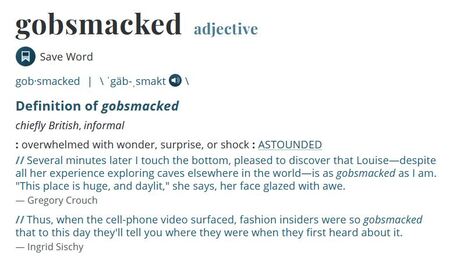


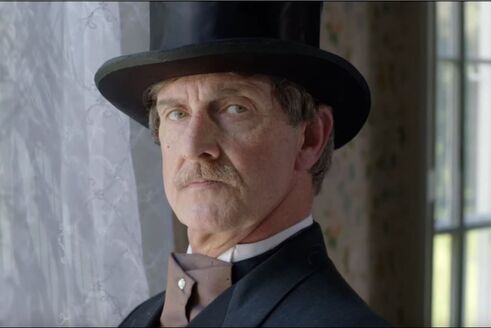
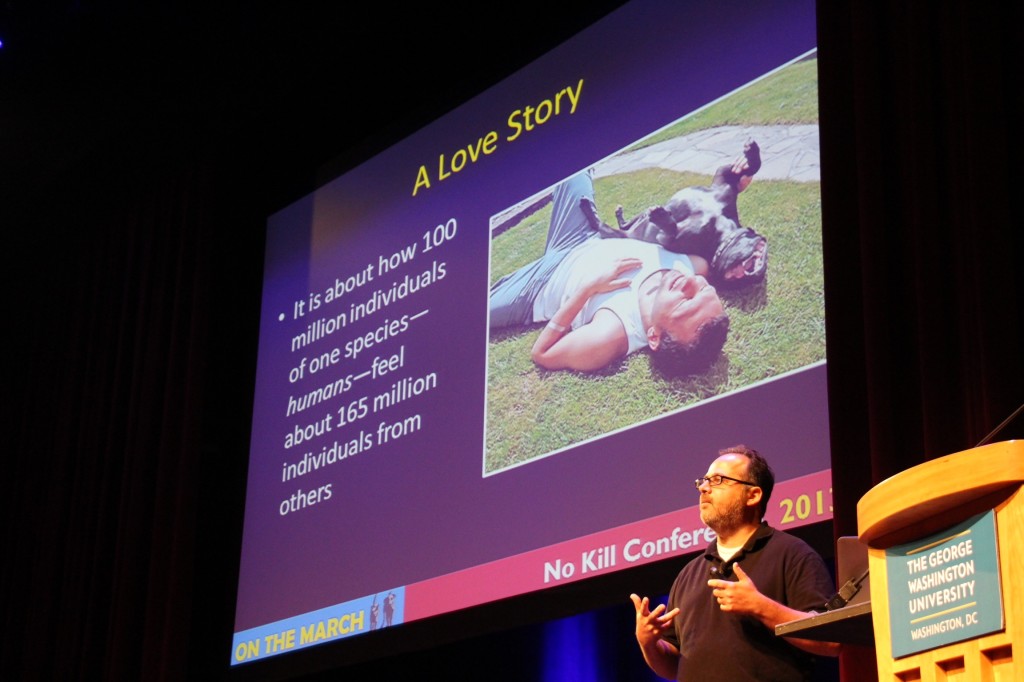
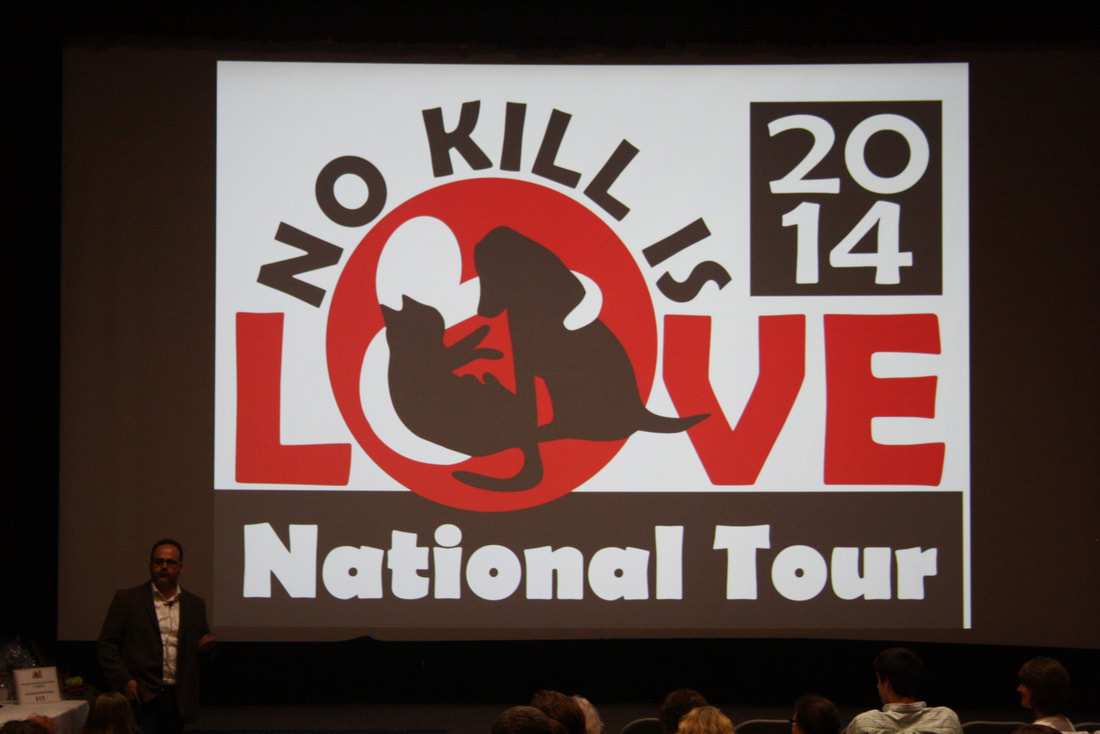
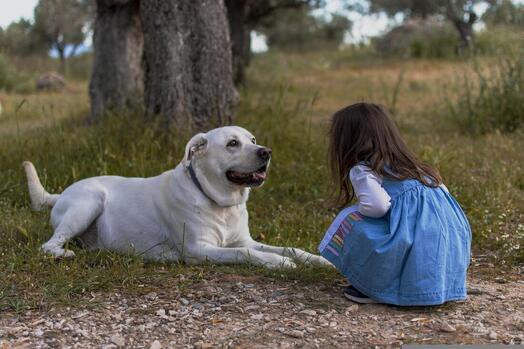

 RSS Feed
RSS Feed